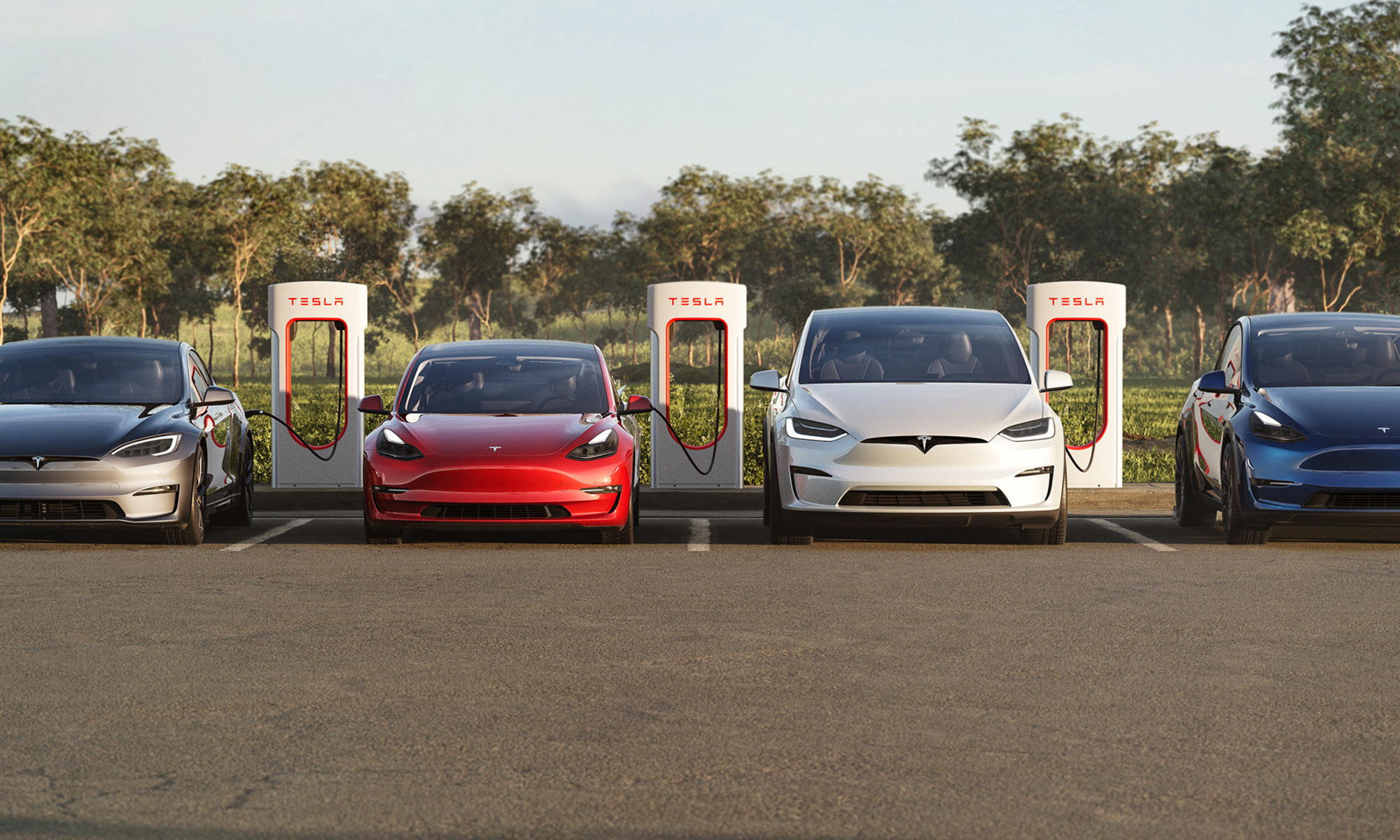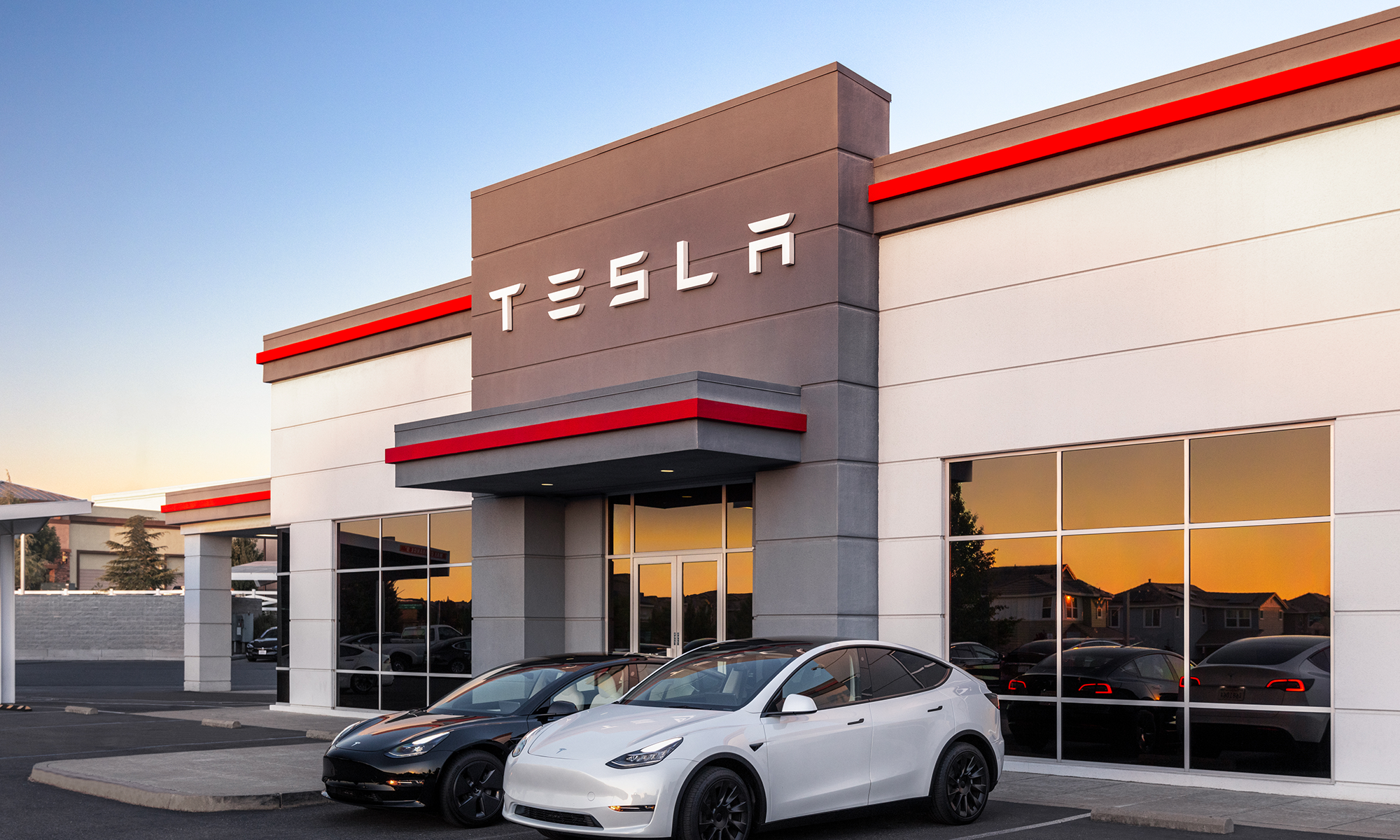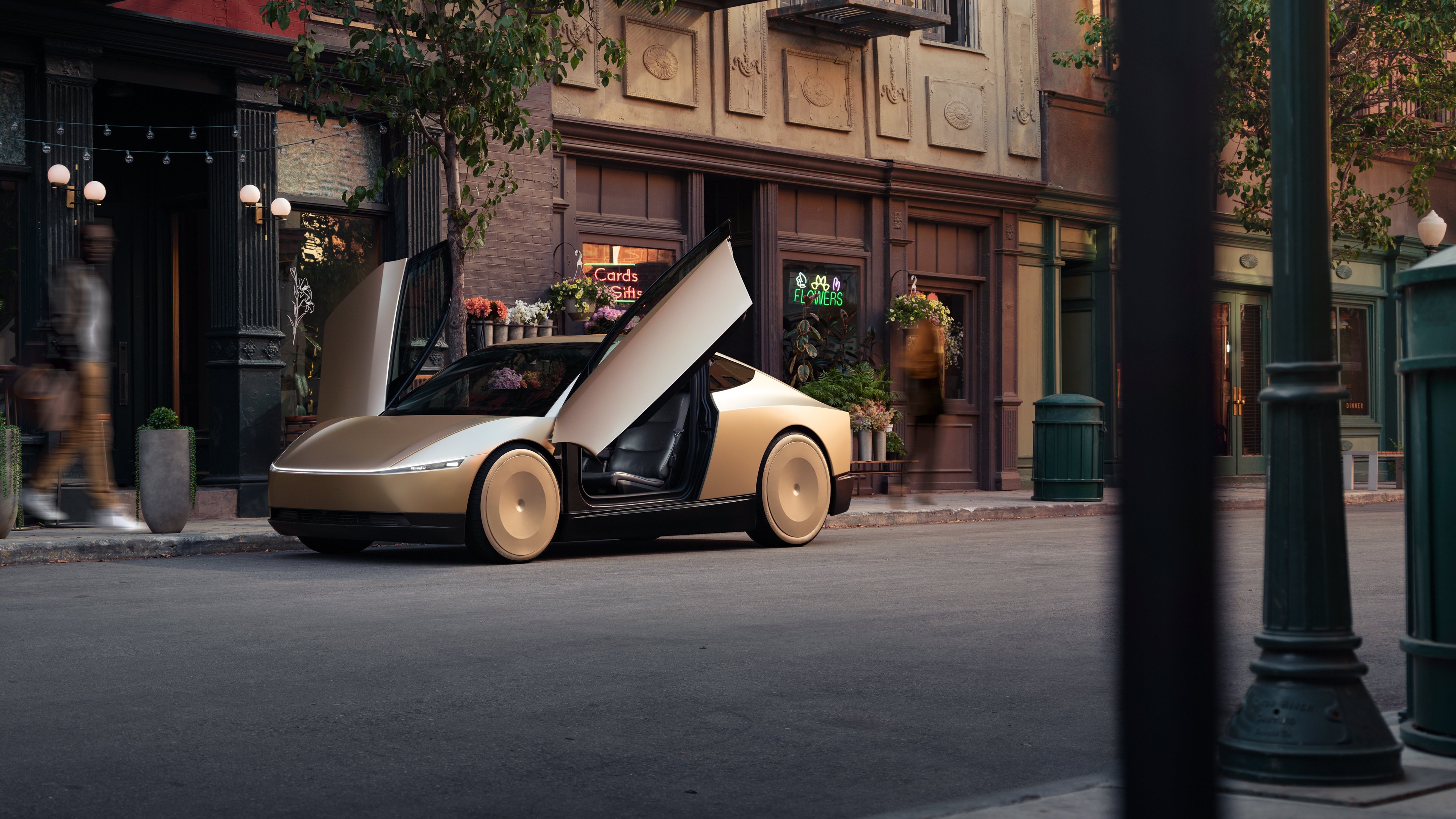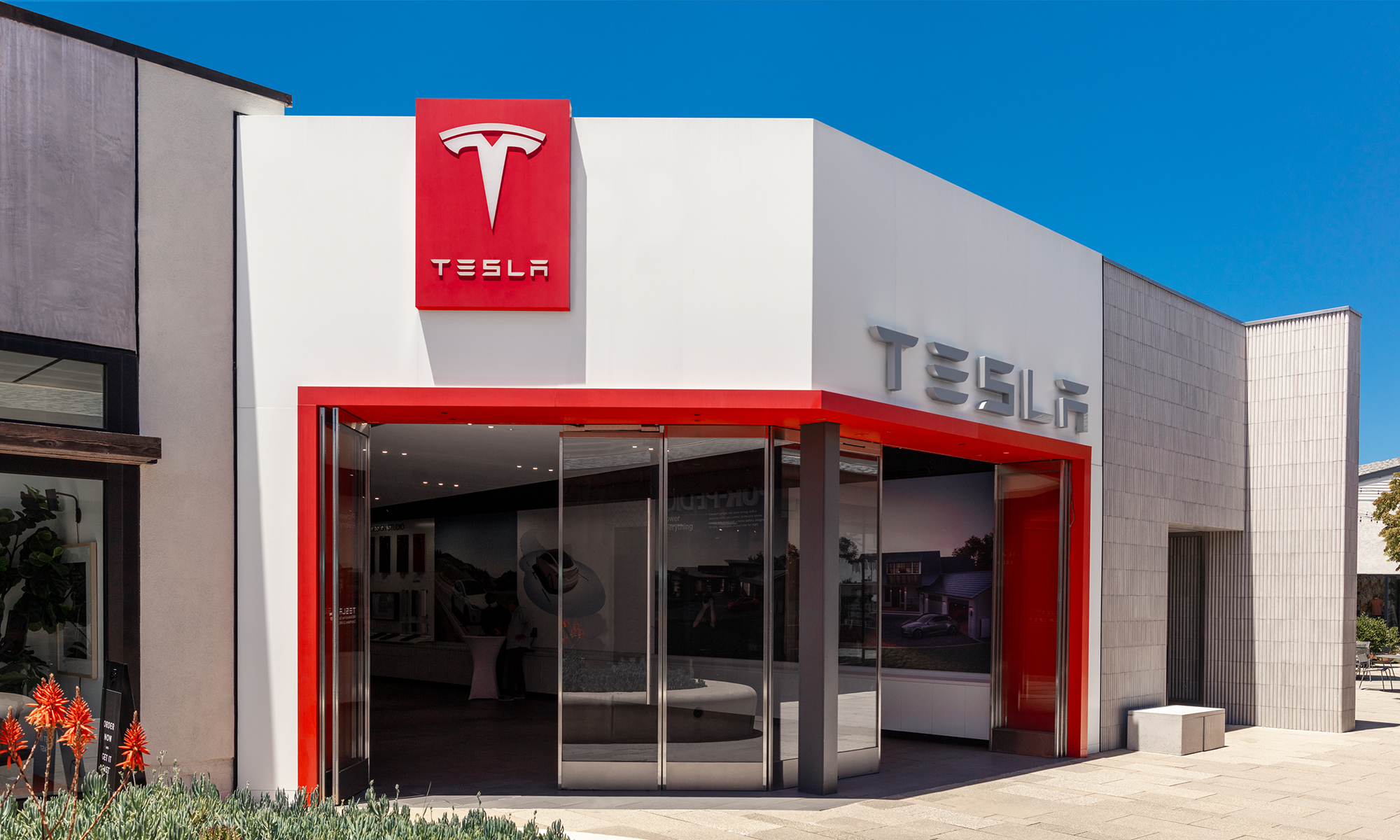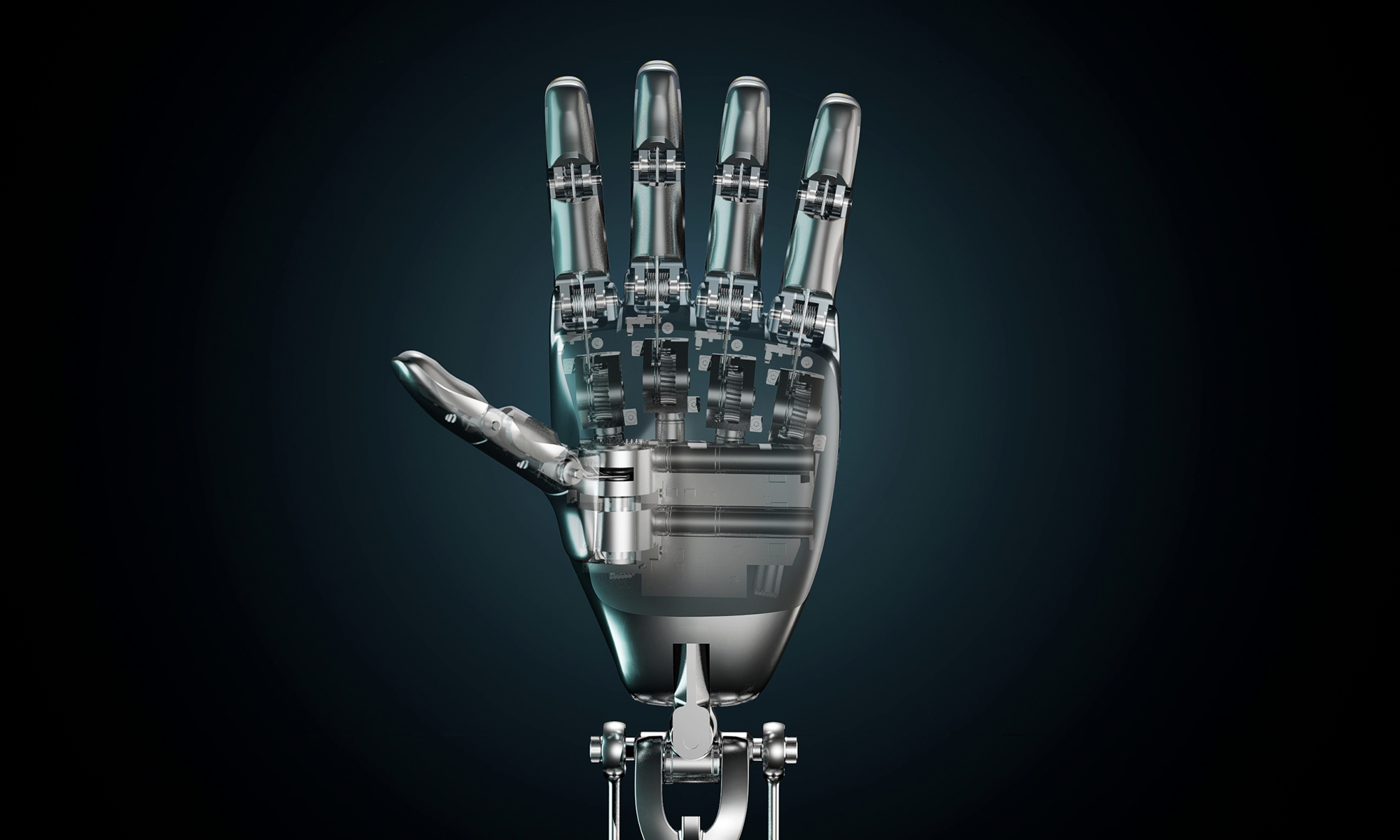Tesla Motors (TSLA 0.04%) and Trex (TREX 1.91%) have almost nothing in common. One is an innovative leader with expertise in a product that reduces greenhouse gas emissions versus its competitors, generally caters to an upscale clientele, and grew like crazy last year.
The other is, well, Tesla.
OK, both Tesla and Trex are innovative leaders in products that largely claim to be better for the environment than their competitors -- Tesla through its EVs, and Trex through its alternative wood decking, which is made of a combination of recycled wood and plastic waste. However, recent announcements from both companies paint a picture that goes beyond the boundaries of what we've thought these two companies capable of.
Tesla's move shouldn't be a surprise
Tesla is apparently going to be much more than just an automaker, if you believe the latest news about its Gigafactory pans out:

Source: Tesla Motors.
With a planned capacity to support the battery needs of a half-million Tesla vehicles annually, the reality is Tesla would still be -- very much -- an automaker. It would also be -- along with its partners -- the world's largest maker of lithium ion batteries. Based on the company's ability to innovate, the market potential is pretty staggering. This actually gets to the heart of Elon Musk's nature. As much as it may sound revolutionary, this is just another example of Tesla's approach to any challenge:
- There wasn't an existing motor to support Tesla's needs. So they developed one.
- There wasn't an existing industrial battery that met Tesla's reliability and distance needs. So they developed one.
- There isn't enough existing industrial capacity to meet Tesla's future demand for batteries in a cost-effective way. So they're developing it.
From the ground up, Elon Musk has used principals based both in science and business to determine Tesla's direction. This isn't really that different.

The Model X will expand Tesla's market even further. Source: Tesla Motors.
Not so much competing, as converting
Trex's success, like Tesla, is a product of innovation that's outside the norm of the market that it's disrupting. Just as the automotive industry is dominated by very large companies like General Motors and Toyota, Trex competes with giants like Weyerhaeuser (WY 0.41%), the world's largest lumber producer. But much like Tesla, it's not really competing directly against competitive products so much as it's offering a better alternative to what the competition has.
Trex's offerings, like Tesla's Model S, are more expensive than traditional choices. And as the Model S frees its owner from gas stations, oil changes, and all of the additional expense of maintenance, while also eliminating tailpipe emissions, Trex gives consumers a superior product to traditional decks, that is more durable, requires almost no maintenance, and is made from 100% post-industrial and consumer waste materials.
Weyerhaeuser does offer some competition with its Tamko brand of composite decking, but Trex has an enormous lead on the competition:

Source: Trex presentation.
According to management, Trex has expanded its market share in the past two years. Weyerhaeuser's business model and focus doesn't make increased competition in this market significantly likely.

Like Tesla, Trex makes beautiful products that are better for the environment. Source: Trex.
Moving outside the core, by focusing on the core
Trex's success is largely tied to its product development. The company has figured out a way to combine and extrude waste wood and plastics, into beautiful and aesthetically pleasing wood-alternatives. And just as Tesla will use its developed technical skills to build and operate the Gigafactory, Trex is leveraging its technology to expand outside of the decking business. CEO Ron Kaplan, from the Feb. 24 earnings call:
One of our goals has been to leverage the scope and depth of Trex's core competencies in recycling and extrusion. Today, I want to go a step further and tell you that the funds have been committed, designs completed, and equipment is being installed for the start-up of the first phase of a capacity expansion, into an innovative reprocessing technology. ...This is the first of several new products that have been in development for about a year and a half, that will be focused on commercial applications and markets now not related to outdoor products.
Later in the call, Kaplan made it clear that the new product had nothing to do with home improvement or construction, and that Trex was supplying product to another company that would be using it in their product. This is important, as it means that Trex isn't stepping outside of its core business to try and find a market. It already has another market lined up.
Final thoughts: Investing is about the future
I know that sounds incredibly obvious, but there's a point: Don't get too caught up in looking at what a company has done when evaluating what they could do. Trex and Tesla both rewarded shareholders in 2013 with fantastic growth in their core businesses. With early 2014's announcements of bright new futures and expanded boundaries, these two companies could exceed any of our expectations.

